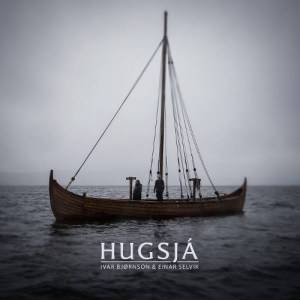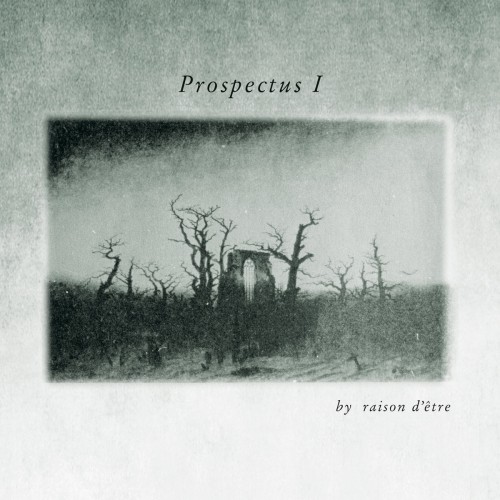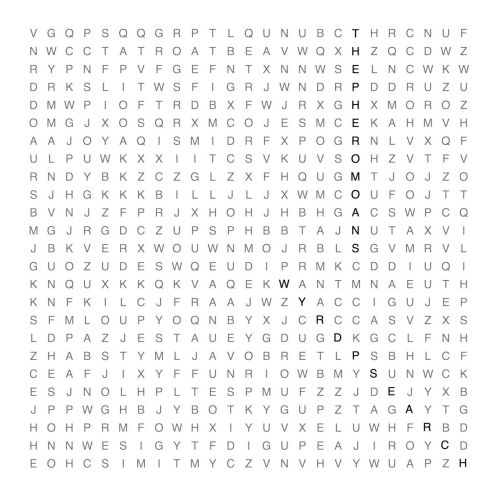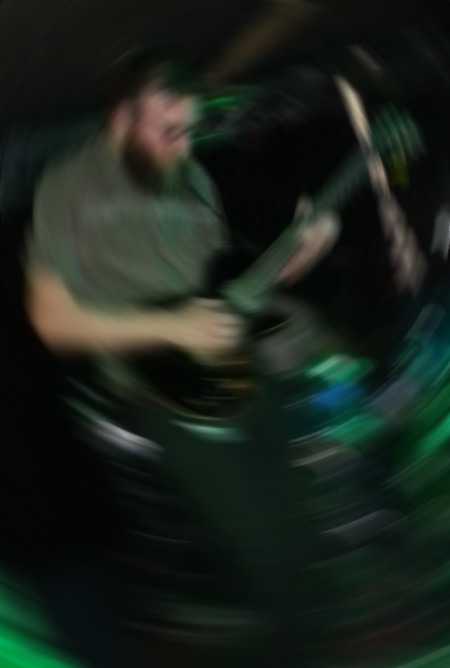 Tradition’s a funny old concept, isn’t it? For how long and how often does something have to occur before it counts as a tradition? Are some traditions more traditional than others? How does one measure something’s traditionality? Against Dr Who Christmas specials, or against saying “cheers” and clinking glasses?
Tradition’s a funny old concept, isn’t it? For how long and how often does something have to occur before it counts as a tradition? Are some traditions more traditional than others? How does one measure something’s traditionality? Against Dr Who Christmas specials, or against saying “cheers” and clinking glasses?
Hugsjá, Ivar Bjørnson and Einar Selvik‘s follow-up to their epic trawl through Norwegian history as Skuggsjá, poses this question not only in its subject matter — a journey round the coast of Bergen taking in both its nature and its history — but also in its very composition. If you are unfamiliar with these two fellas, one of them’s from Enslaved and the other one’s from Wardruna. Wardruna build on old Norse traditions, using the authentic instruments of the day to bring the Viking past to thrilling life, while Enslaved come from the metal tradition — a tradition far younger, but one which has always called to something primal. Not to mention its always having had a fascination with Vikings going way back to the time Led Zep decided to engage in a little cultural pillaging with “Immigrant Song”.
The sound of the two bands colliding is both intimate and awe-inspiring, as they fuse to create something entirely new yet somehow also ancient. Wardruna’s atmospheric folk mysticism is all present and correct, but the more traditional (for want of a better, or indeed other, word) rock stylings of Enslaved push them into what may be a more accessible structure for new listeners. This isn’t just Wardruna with guitars. That might be nice for a while, but this is way better. The musical alchemy gives up some surprising results — at one point on “Ni Dotre Av Hav”, the rhythm section almost sounds like it could be one of the lighter passages from Tool‘s Lateralus, except if Tool were about Norse history and mythology instead of drugs and UFOs. At times the combined skirling and rock drumkit produce something almost akin to Afro-Celt Sound System or one of the livelier Dirty Three tracks, except simultaneously nothing like either of those.
Which this also is. And on the surface at least, that’s what matters. But this one goes DEEP.
-Justin Farrington-



